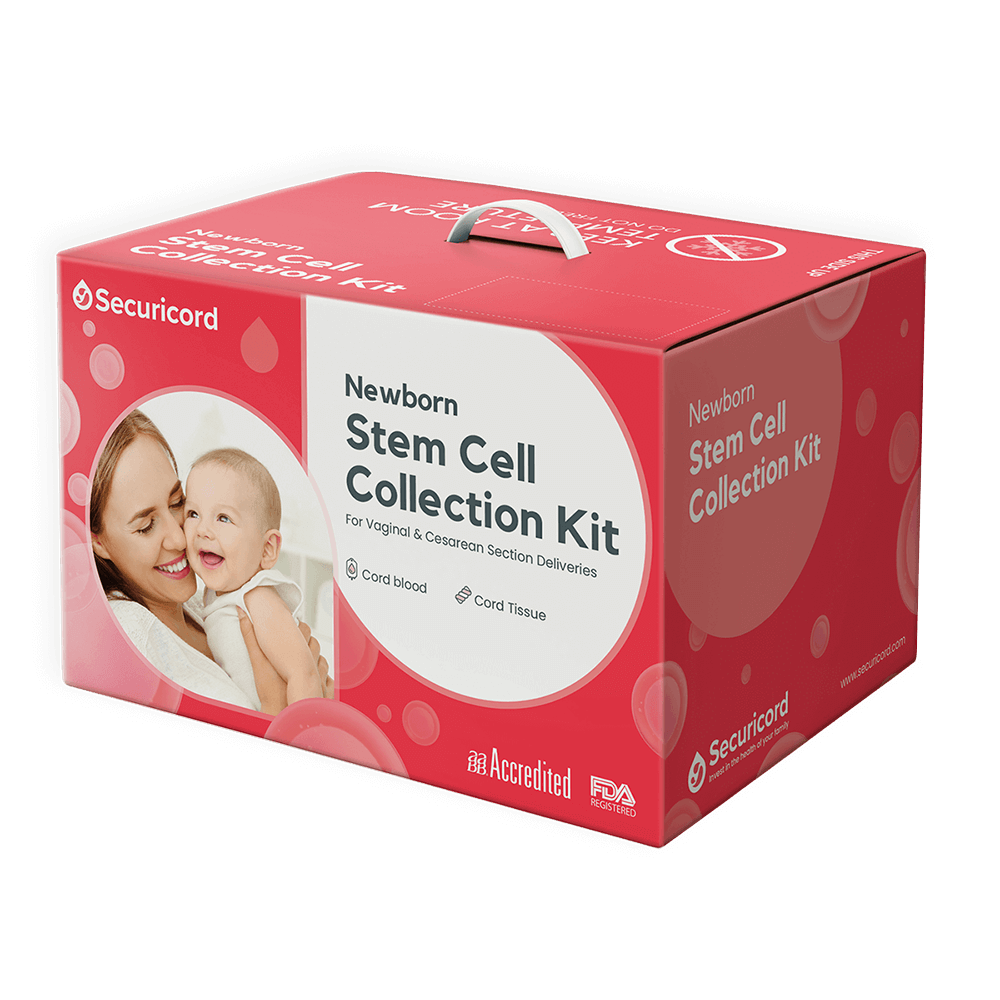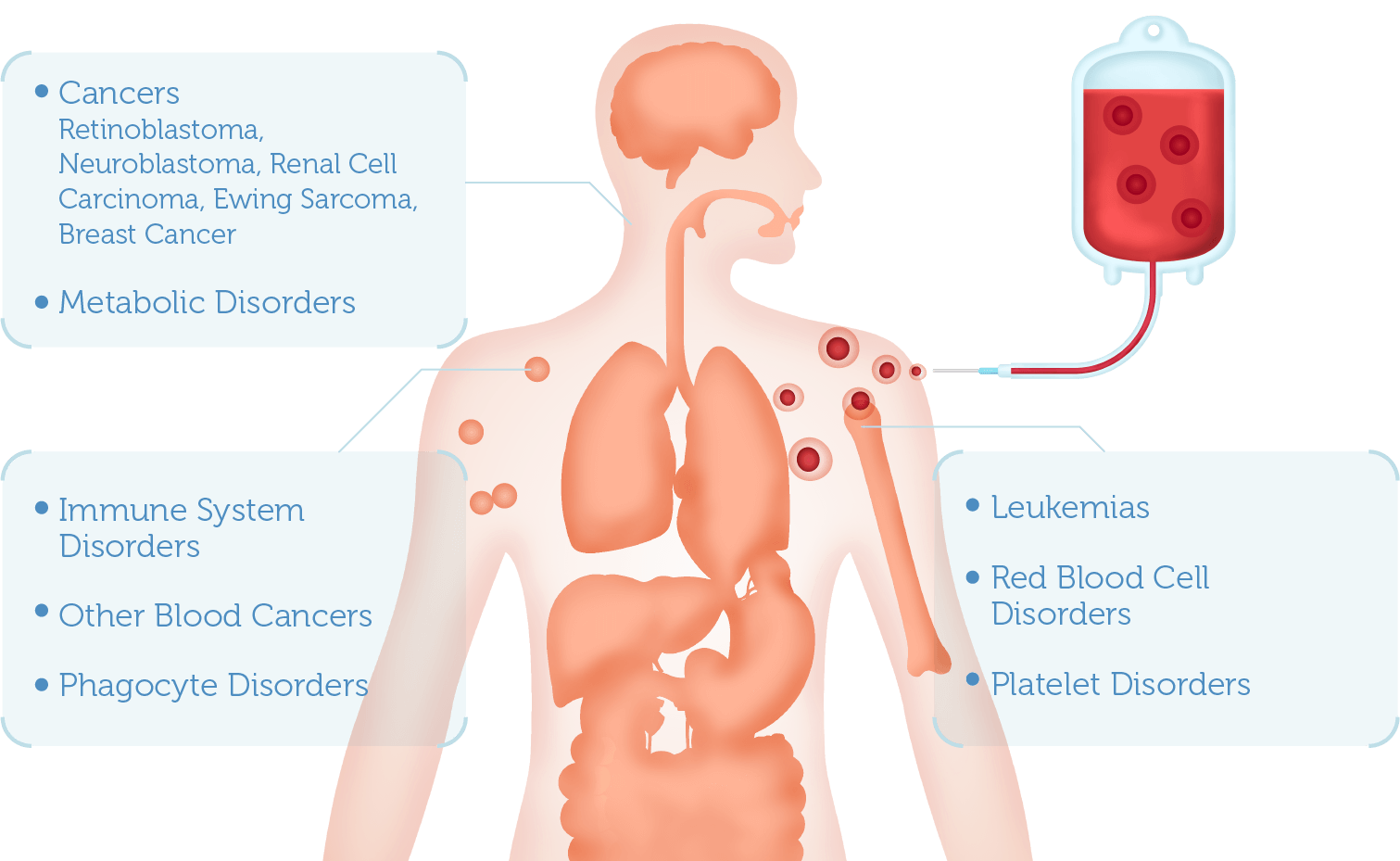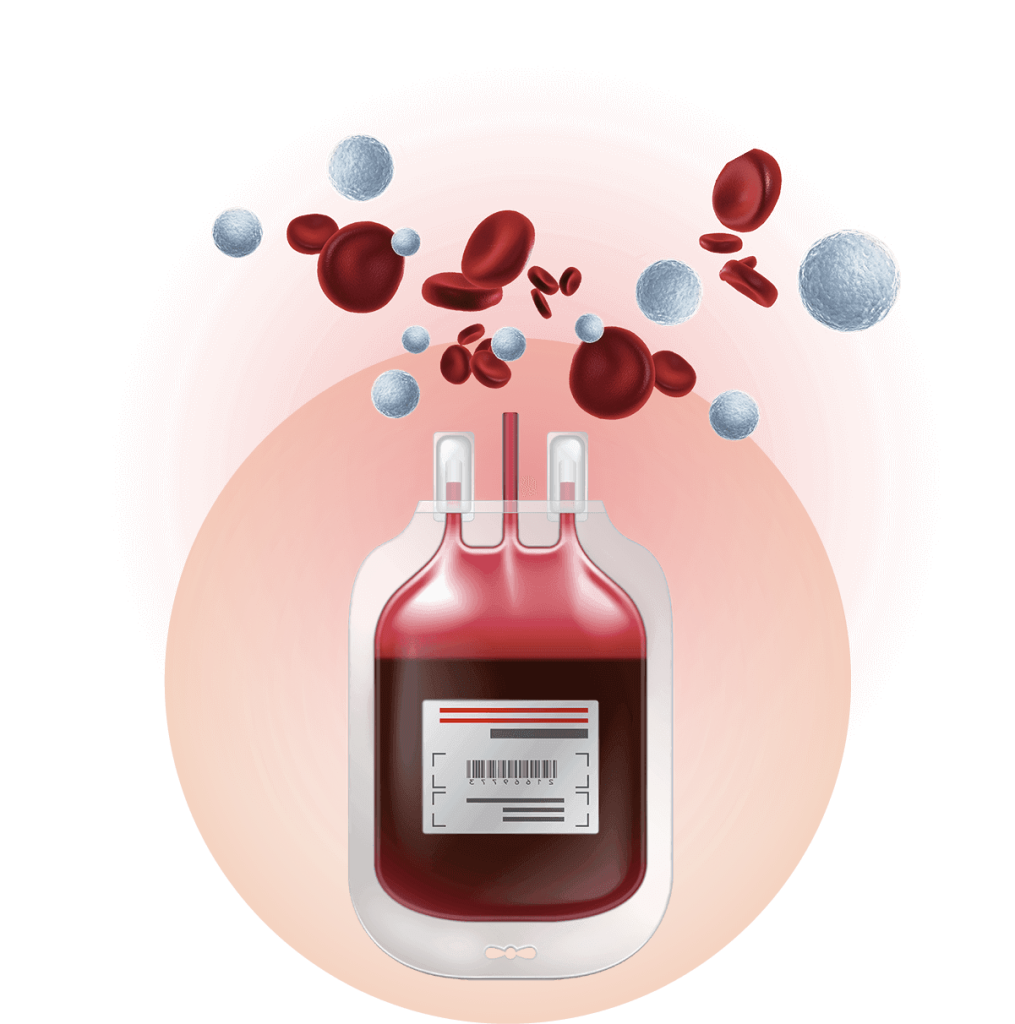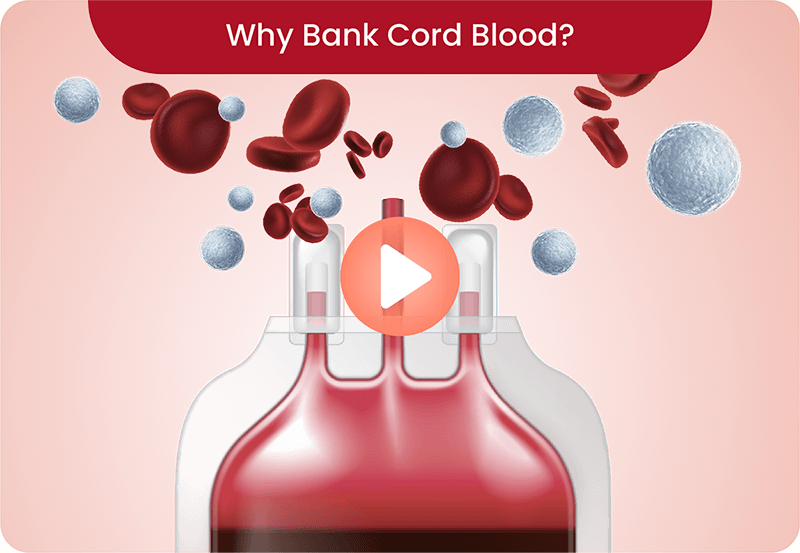How is Cord Blood Collected?
Cord blood collection is a safe and non-invasive process that happens right after birth. After your baby's umbilical cord is clamped and cut, your healthcare provider will use a specialized kit to collect the remaining blood from the cord.
This procedure is safe, painless, and does not interfere with the birth process or bonding time with the new baby. By preserving your child's cord blood, you're providing a lifetime of potential health benefits for your child and family.

"As a new mom there's a lot to learn and so much to take care of. Securicord offers simple banking plans including free hospital pickup. Very good service."

“Thank you for your service! As a new parent, everything is new to me. My husband and I want to do everything we could for our baby boy, and storing his cord blood and tissue was just the perfect “insurance” for him. Thank you for answering all my questions and your patience.“

“We are expecting our third child and our whole family is getting ready for our baby to arrive. We banked cord blood for our first two children with Securicord and will do the same for this baby. We want to do everything we could for our children, and like to think of it as “insurance” in case our children ever need it.”

Previous
Next
How Cord Blood Banking Works
Cord blood banking is a simple process that gives your child access to potentially life-saving treatments. Simply order your kit, then bring it with you to the hospital. After collection, your baby's cord blood is sent to our laboratory for processing and secure, long-term storage.

80+ Diseases Treated with Cord Blood
Hematopoietic stem cells have been used for over 30 years to treat over 80 diseases. Many clinical trials are underway using stem cells in the treatment of diabetes, Alzheimer’s, and much more. During the lifetime of your child, the uses for hematopoietic stem cells will continue to grow.

Benefits of Banking Cord Blood
Cord blood banking offers a unique opportunity to proactively support your child's long-term health. Here are some key benefits to consider:
Rich in Hematopoietic Stem Cells
Cord blood is a rich source of hematopoietic stem cells, which have the remarkable ability to regenerate various blood cell types and rebuild a healthy blood system.
Established Treatment Options
Hematopoietic stem cells are FDA-approved to treat over 80 conditions, including blood disorders like leukemia and thalassemia, immune system deficiencies, and certain cancers.
Promising Future Potential
Research continues to explore the exciting potential of cord blood stem cells for a wider range of treatments, including applications in regenerative medicine.
Guaranteed Match for Your Child
Your child's own cord tissue is a 100% genetic match, ensuring maximum compatibility for their potential future treatments.
Potential Match for Siblings
Cord blood offers up to a 50% chance of being a genetic match for siblings, potentially benefiting other members of your family.
Long-Term Storage
With proper cryopreservation techniques, cord blood can be stored indefinitely, ensuring its availability for your child's future needs.
Cord Blood Stem Cell Treatments
Hematopoietic stem cells are currently approved by the FDA for use in the treatment of 80+ blood disorders, immune system disorders, metabolic disorders and various cancers. Here are some of the most common uses of hematopoietic stem cells:
Cancers
- Acute Lymphoblastic Leukemia (ALL)
- Acute Myelogenous Leukemia (AML)
- Acute Biphenotypic Leukemia
- Acute Undifferentiated Leukemia
- Chronic Lymphocytic Leukemia (CLL)
- Chronic Myelogenous Leukemia (CML)
- Juvenile Chronic Myelogenous Leukemia (JCML)
- Juvenile Myelomonocytic Leukemia (JMML)
- Chronic Myelomonocytic Leukemia (CMML)
- Hodgkin’s Lymphoma
- Non–Hodgkin’s Lymphoma
- Plasma Cell Leukemia
- Multiple Myeloma
- Neuroblastoma
- Renal Cell Carcinoma
- Retinoblastoma
- Waldenstrom’s Macroglobulinemia
Metabolic Disorders
- Hurler Syndrome (MPS-IH)
- Scheie Syndrome (MPS-IS)
- Hunter Syndrome (MPS-II)
- Sanfilippo Syndrome (MPS-III)
- Morquio Syndrome (MPS-IV)
- Maroteaux–Lamy Syndrome (MPS-VI)
- Sly syndrome (MPS-VII)
- Adrenoleukodystrophy (ALD)
- Gaucher Disease
- Krabbe Disease
- Lesch–Nyhan Syndrome
- Metachromatic Leukodystrophy
- Mucolipidosis II
- Niemann-Pick Disease
- Wolman Disease
Immune System Disorders
- Ataxia–Telangiectasia
- Kostmann Syndrome
- DiGeorge Syndrome
- Bare Lymphocyte Syndrome
- Omenn Syndrome
- Leukocyte Adhesion Deficiency
- Severe Combined Immunodeficiency
- Common Variable Immunodeficiency
- Wiskott–Aldrich Syndrome
- X-Linked Lymphoproliferative Syndrome
Blood Disorders
- Acute Myelofibrosis
- Agnogenic Myeloid Metaplasia
- Aplastic Anemia
- Beta Thalassemia Major
- Essential Thrombocythemia
- Fanconi Anemia
- Paroxysmal Nocturnal Hemoglobinuria
- Polycythemia Vera
- Pure Red Cell Aplasia
- Sickle Cell Disease
Other Disorders
Phygocyte Disorders
- Chediak–Higashi Syndrome
- Chronic Granulomatous Disease
- Neutrophil Actin Deficiency
- Reticular Dysgenesis
Platelet Disorders
- Amegakaryocytosis
- Glanzmann Thrombasthenia
Histiocytic Disorders
- Langerhans Cell Histiocytosis (Histiocytosis X)
- Hemophagocytic Lymphohistiocytosis
| Cancers | Blood Disorders | Metabolic Disorders | Immune System Disorders | Other Disorders |
|---|---|---|---|---|
| Acute Lymphoblastic Leukemia | Acute Myelofibrosis | Hurler’s Syndrome | Ataxia–Telangiectasia | Chédiak–Higashi Syndrome |
| Acute Myelogenous Leukemia | Agnogenic Myeloid Metaplasia | Scheie Syndrome | Kostmann Syndrome | Chronic Granulomatous Disease |
| Acute Biphenotypic Leukemia | Aplastic Anemia | Hunter’s Syndrome | DiGeorge Syndrome | Neutrophil Actin Deficiency |
| Acute Undifferentiated Leukemia | Beta Thalassemia Major | Sanfilippo Syndrome | Bare Lymphocyte Syndrome | Reticular Dysgenesis |
| Chronic Lymphocytic Leukemia | Essential Thrombocythemia | Morquio Syndrome | Omenn Syndrome | Amegakaryocytosis |
| Chronic Myelogenous Leukemia | Fanconi Anemia | Maroteaux-Lamy Syndrome | Leukocyte Adhesion Deficiency | Glanzmann Thrombasthenia |
| Juvenile Chronic Myelogenous Leukemia | Paroxysmal Nocturnal Hemoglobinuria | Sly syndrome | Severe Combined Immunodeficiency | Langerhans Cell Histiocytosis (Histiocytosis X) |
| Juvenile Myelomonocytic Leukemia | Polycythemia Vera | Adrenoleukodystrophy | Common Variable Immunodeficiency | Hemophagocytic Lymphohistiocytosis |
| Chronic Myelomonocytic Leukemia | Pure Red Cell Aplasia | Gaucher Disease | Wiskott–Aldrich Syndrome | |
| Hodgkin’s Lymphoma | Sickle Cell Disease | Krabbe Disease | X-Linked Lymphoproliferative Syndrome | |
| Non–Hodgkin’s Lymphoma | Lesch–Nyhan Syndrome | |||
| Plasma Cell Leukemia | Metachromatic Leukodystrophy | |||
| Multiple Myeloma | Mucolipidosis II | |||
| Neuroblastoma | Niemann-Pick Disease | |||
| Renal Cell Carcinoma | Wolman Disease | |||
| Retinoblastoma | ||||
| Waldenstrom’s Macroglobulinemia |
Ready to give your baby the gift that lasts a lifetime?
Registering for stem cell banking takes only a few minutes.



